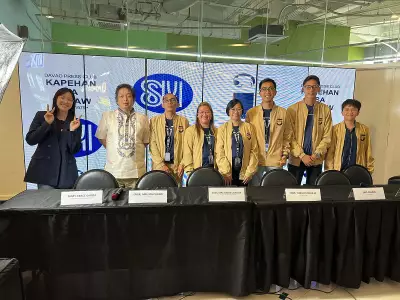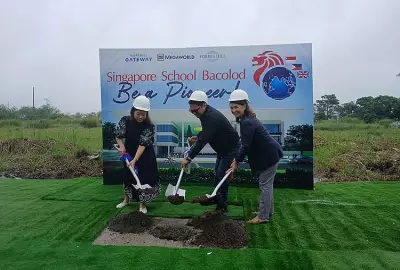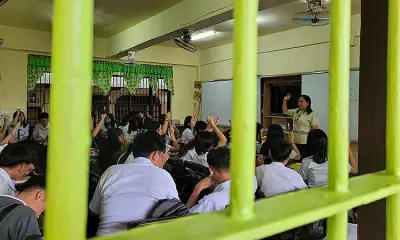
In the heart of Pampanga's academic landscape, a pressing question echoes through university corridors: Where is graduate education truly heading in the Philippines? The pursuit of advanced degrees, once seen as a guaranteed path to career advancement, now faces critical scrutiny as graduates struggle to find their place in an evolving job market.
The Employment Paradox
Despite the proliferation of graduate programs across Philippine universities, a concerning disconnect persists between academic offerings and market demands. Employers increasingly report that advanced degree holders often lack the practical skills and innovative thinking required in today's competitive global environment.
Curriculum Gaps and Global Competitiveness
The traditional approach to graduate education faces multiple challenges:
- Outdated methodologies that prioritize theory over practical application
- Limited industry partnerships that hinder real-world experience
- Insufficient focus on emerging technologies and digital literacy
- Inadequate research opportunities that could drive innovation
The Quality Assurance Crisis
With numerous institutions offering graduate programs, maintaining consistent quality standards has become increasingly difficult. The Commission on Higher Education (CHED) faces the monumental task of ensuring that all graduate programs meet international benchmarks while remaining accessible to Filipino students.
Financial Barriers and Accessibility
The cost of pursuing graduate studies remains prohibitive for many Filipinos, creating an accessibility gap that potentially excludes talented individuals who could contribute significantly to national development. This financial barrier threatens to widen existing socioeconomic divides in educational attainment.
The Way Forward: Necessary Reforms
Educational experts propose several critical changes to revitalize Philippine graduate education:
- Industry-academe collaboration to align curriculum with market needs
- Integration of technology and digital skills across all disciplines
- Enhanced research funding and infrastructure development
- Flexible learning models that accommodate working professionals
- International partnerships to boost global competitiveness
The Future of Advanced Education
As the Philippines positions itself in the global knowledge economy, the transformation of graduate education becomes not just desirable but essential. The question remains whether academic institutions can adapt quickly enough to prepare Filipino graduates for the challenges of tomorrow's workplace.
The journey toward relevant and impactful graduate education requires collective effort from government, industry, and academic institutions. Only through meaningful reform can Philippine graduate studies truly fulfill their promise of developing the next generation of leaders, innovators, and problem-solvers.





